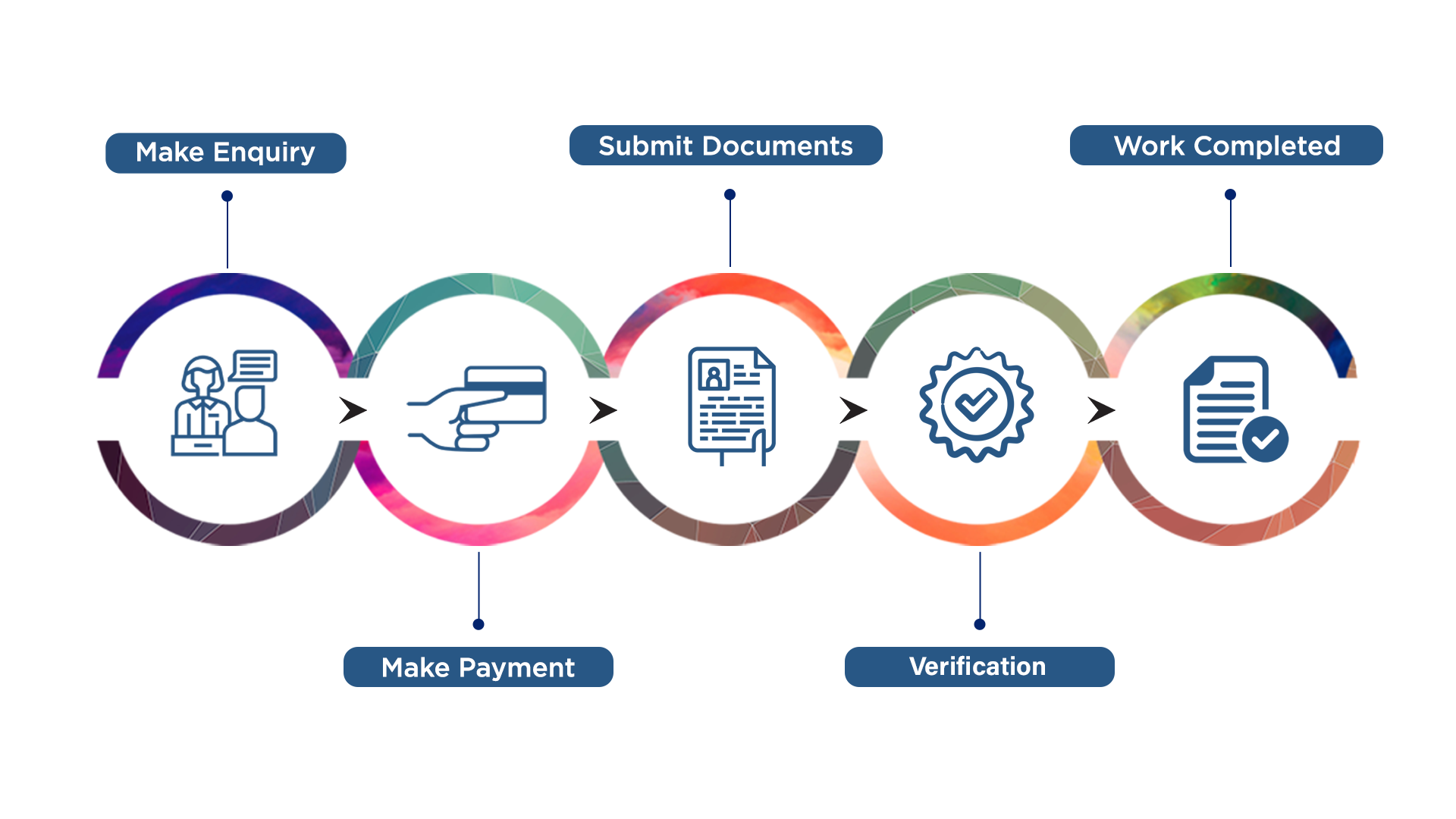TDS Return Eligibility Criteria
Employers and organizations with a valid Tax Collection and Deduction Account Number can file a TDS return (TAN). Any person making the following payments is required by the I-T Act to deduct tax at source and submit within the appropriate time for the following payments:
• Salary Payments
• "Income on Securities" is a type of income.
• Winning the lottery, solving puzzles, and other games of chance
• Winning horse races brings in money.
• Commission on Insurance
• Payments for the National Savings Scheme and a variety of other programmes
TDS Filing Benefits:
The next section discusses some of the benefits of filing TDS returns.
• Filing TDS returns ensures that the lump-sum tax payment at year's end is reduced by spreading the amount over multiple months. As a result, the burden on taxpayers will be reduced.
• Tax evasion is reduced since the TDS amount submitted by the diductor is collected by the Income Tax Department. This sum includes a percentage of the tax paid by the deductee at the time of submission. As a result, tax evasion can be avoided by submitting for TDS.
• TDS enables for a consistent income flow to the government.
Documents required for TDS Filing:
Below are few essential documents required for TDS filing:
• Form-16.
• Bank and post office interest income and TDS certificates/Form 16A.
• TDS certificates for additional sources of income.
• 26AS is an abbreviated version of Form 26.
• Investments that save money on taxes, as well as expenditure proofs.
• Gains on Investments.
• Aadhaar Number which is a unique identification number is required.
• Investments in unlisted stocks are described in detail.
• Details of your bank account.
Frequently asked questions:
1. What's the difference between paying TDS and returning TDS?
Income tax is determined for the specific financial year and is paid on the annual income. TDS is deducted either monthly or quarterly when a salary (or interest on an investment) is paid. Only select persons who make payments have their taxes deducted at source.
2. Is it possible to claim TDS from past years?
In general, a credit for TDS on any income can be claimed only in the fiscal year in which the income was earned, not in the fiscal year in which it was received. Any advance payment given to you during the year on which TDS was deducted is not eligible for TDS credit for that year.
3. What software is available to help prepare the e-TDS/TCS return?
A free downloadable return preparation utility for the preparation of e-TDS/TCS is accessible on the NSDL website. Third-party suppliers, on the other hand, have created software for filing e-TDS/TCS returns.
4. What documents do I need to file a TDS return?
The following is a list of the documents you'll need to file your tax return:
• Form 16: TDS (Tax Deducted at Source) Certificate is another name for Form 16.
• Salary stubs
• Form 26AS
• Form 16A
• PAN card (Personal Identification Number)
• The Aadhaar card
• Sections 80D to 80U deductions
• Statement of Capital Gains
5. Is Form 26Q filed separately from the rest of the tax return?
No, filing Form 26Q separately is not required. For all payments made to residents, Form No. 26Q and a separate annexure must be filed.
6. Is DSC required for TDS?
Note: To submit a TDS statement successfully, the user must first register with DSC or EVC.
7. What is the distinction between a tin and a tan number?
The Taxpayer Identification Number (TIN) is for entities that are subject to Value Added Tax (VAT), such as traders and manufacturers. All entities responsible for deducting or collecting taxes at the source are given a Tax Deduction and Collection Account Number (TAN).
8. Who is eligible to file a TDS Return?
The TDS Return must be filed by everyone who makes a payment for designated goods or services. Individuals and HUF are not obligated to deduct TDS (Hindu Undivided family).
9. How is the TDS refund calculated?
You would add up all your revenue from various sources, calculate your tax burden, and subtract the TDS from your income when completing your income tax return. If your TDS is larger than your total tax liability for the year, the government will owe you a refund.


